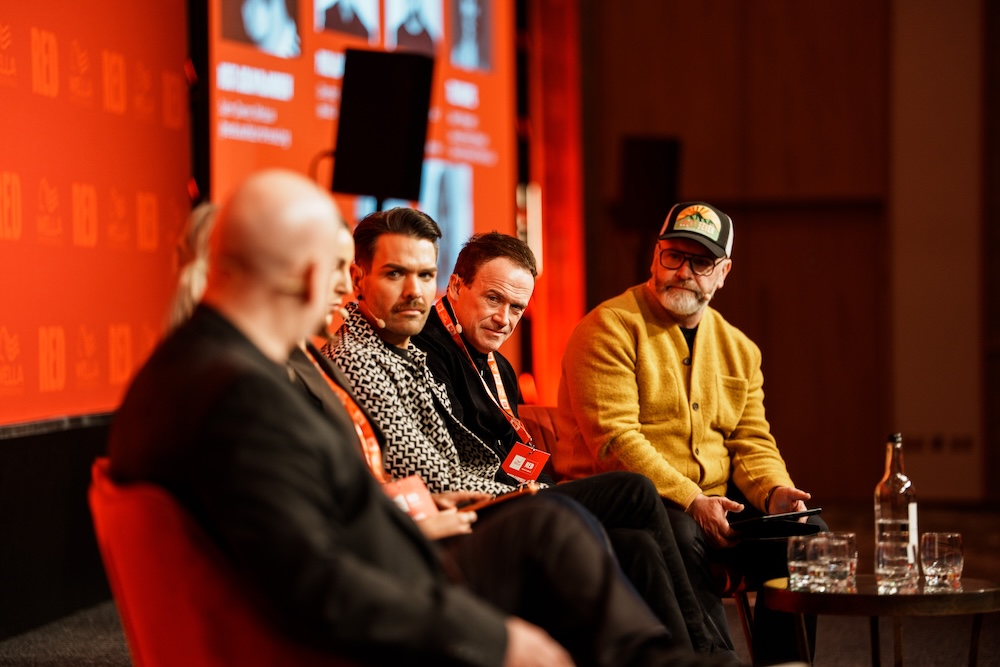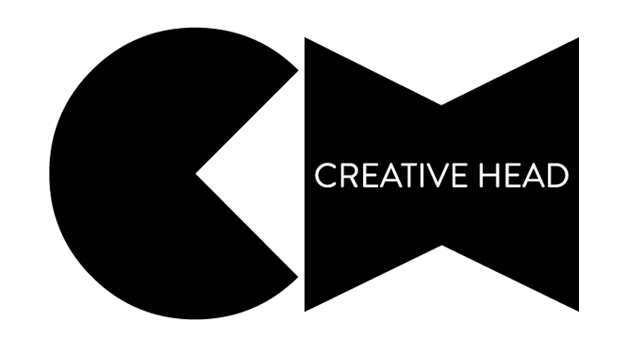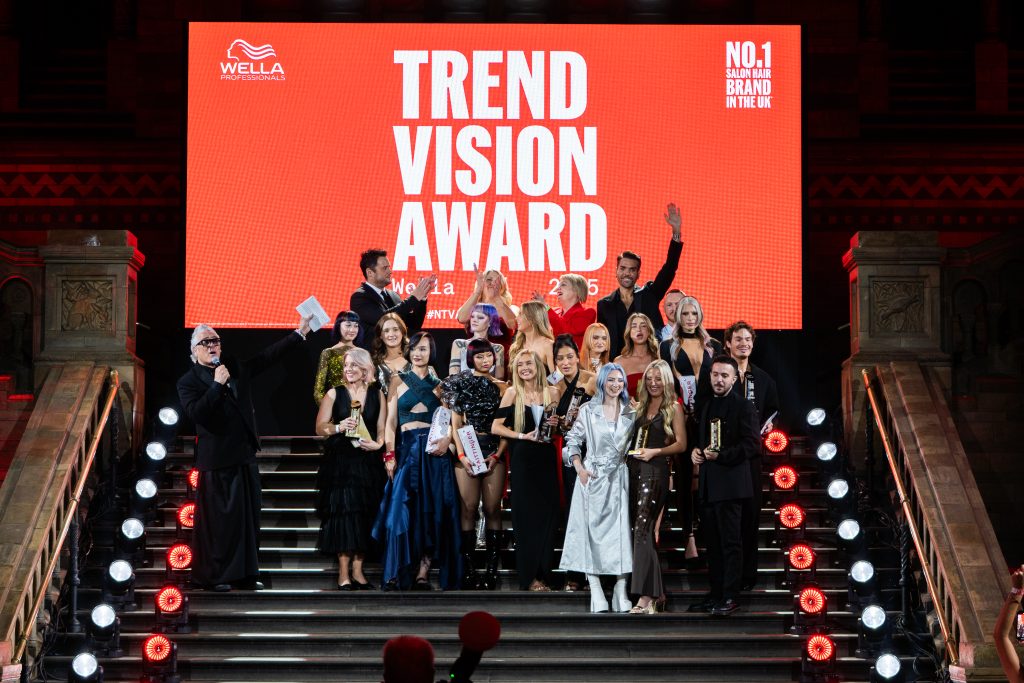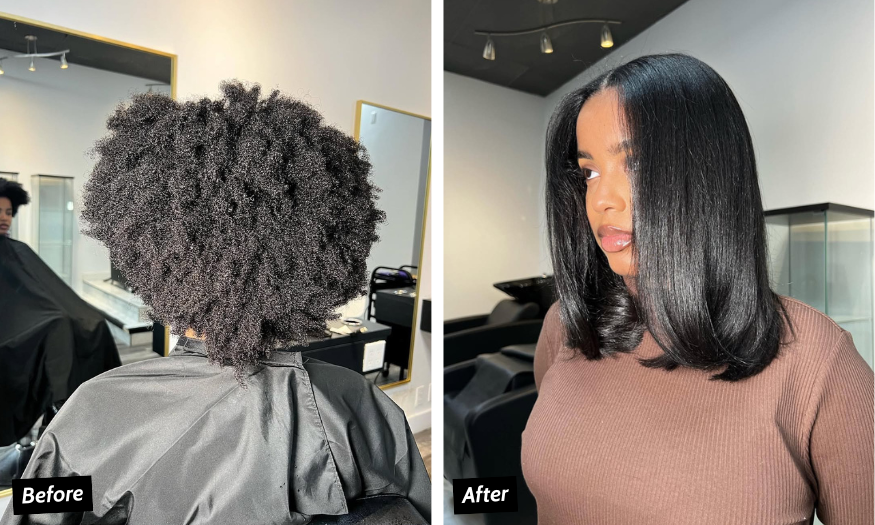
From AI To The Power Of Emotion – What We Learned At Wella RED Business Network Live 2026
From AI To The Power Of Emotion – What We Learned At Wella RED Business Network Live 2026
Legendary salon leaders event returns for 28th year
by AMANDA | INFORM

The return of Wella RED Business Network Live to its spiritual home of The Belfry saw more than 300 gather for two days of learning, collaboration and inspiration. From keynote speakers to insightful panel discussions and thought-provoking conversations, it was a fusion of meaningful content that will fuel salon owners, managers and their teams for the year ahead.

Steph McGovern, Simon Morris
The speaker line up is always impressive. From TV presenter and journalist Steph McGovern, who encouraged the audience to “stay authentic, don’t try to fit in and focus only on what you can control”, to serial entrepreneur and creative director Simon Morris who shared his emotional story of both addiction and mental health struggles alongside exceptional business success at brands such as Amazon and Love Film.
Oh, and a special shout out to Medusa’s Colin McAndrew, who brought Burns Night to The Belfry with bagpipes and a freshly cooked haggis.
So, what did we scribble down in our notebooks? Here are our key takeaways from this year’s event:

Andrew Grill, Natalie Nahai
AI – It Pays To Be Curious, But Cautious
In what was probably the overriding topic of the event, futurist and technology advisor Andrew Grill recommended ‘digital curiosity’. He argued that the role of AI being that of an assistant rather than a replacement for human creativity and empathy From ChatGPT’s Deep Research button to Perplexity, he urged the audience to “try one thing” to see just what was possible.
On the flip side, behavioural science expert Natalie Nahai highlighted the need for a more nuanced understanding of AI, noting its limitations in simulating human experiences and the potential for misuse in accuracy (those hallucinations, where the responses are simply wrong). She stressed the need for responsible AI use to maintain human values and authenticity.
Salon owner and Wella artist Fergal Doyle shared a personal and practical example of AI’s support. He lost a salon manager, and was forced to handle that job on top of his clients. He turned to ChatGPT to help with reports and KPIs, with staff receiving texts that appear to be from Fergal but are AI generated, updating them on key stats such as their rebookings and retail. He’s also set to launch a new consultation service online that will be powered by AI. “I use AI as my business partner,” he said, and for him it’s undoubtedly working.

Rory Sutherland
Think Emotion Rather Than Transaction
Rory Sutherland – a definite highlight – urged the room to keep things personal. “Clients think they’re in a marriage,” he joked, “while finance departments thing they’re running an escort agency.” “To economists, price is a number. To consumers, price is a feeling. People don’t pay for what they get; they pay for how you make them feel,” he added.
What will make something special? Often the people breaking the rules are the ones that deliver something extra, because following the rules condition you to deliver average. Think how you can reframe something (look at Klarna and pricing as an example), or reverse benchmarking – find something your competitors don’t do well or at all, and excel at it.

Maddy Christina
Those Who Focus On Quality Will Thrive
For luxury wedding photographer Maddy Christina, it was all about the importance of client experience, emphasising the need for consistent, high-quality service. The mid-market has been squeezed, and by 2030, 80 per cent of market growth will come from the premium and luxury segments. Her advice? Create signature processes, offer complimentary gifts that keep you in a client’s mind while in-between salon visits and keep in touch to boost client loyalty and retention.

Alex Brown and Kate Roberts from Campfire
Leveraging Social Media Can Grow Your Business
We all know that, but are we maximising what we do on social? Alex Brown and Kate Roberts from agency Campfire urged salons to drive impactful content to build a strong personal brand. That means clear positioning, trust-building content and including efficient booking. They shared some insight on just how vital social media now is on small businesses – 41 per cent rely on it for revenue, while 74 per cent of consumers use it to guide their purchasing decisions.














